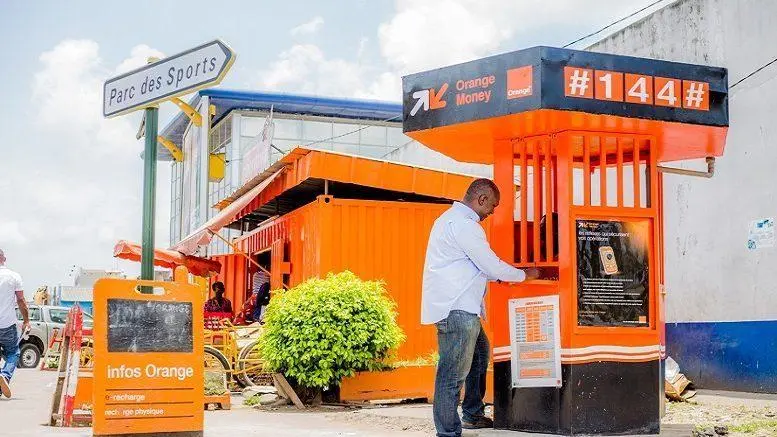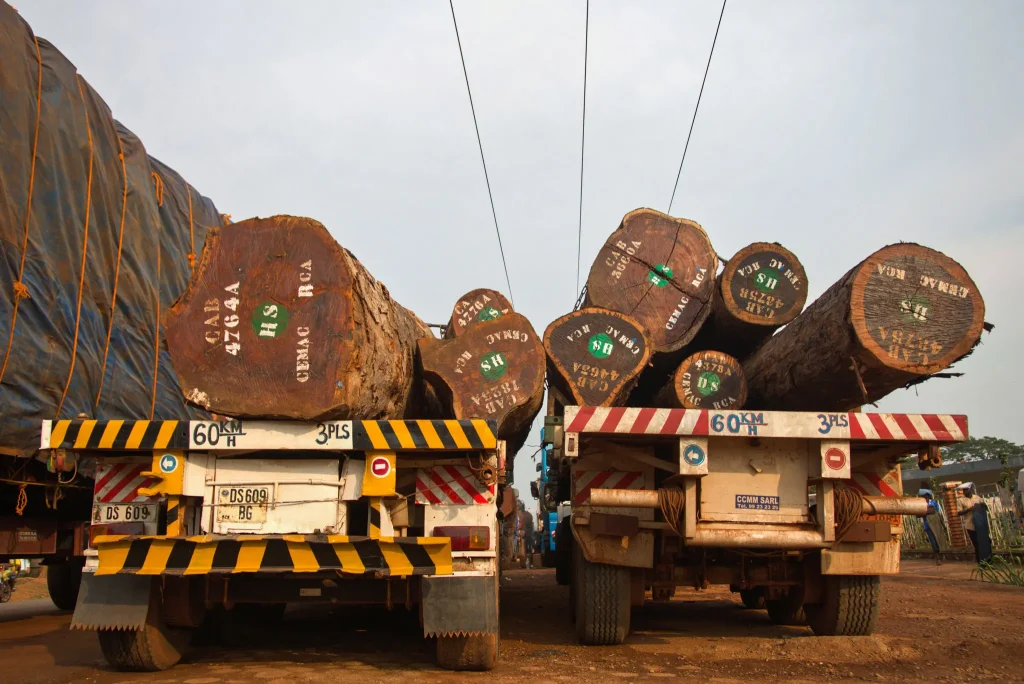- Who got the money and who didn’t in Africa’s 2025 race for foreign direct investments?
- AI’s Dual Capacity and a Strategic Opportunity for African Peace and Security
- How African economies dealt with the 2025 debt maturity wall
- Africa’s Green Economy Summit 2026 readies pipeline of investment-ready green ventures
- East Africa banks on youth-led innovation to transform food systems sector
- The Washington Accords and Rwanda DRC Peace Deal
- Binance Junior, a crypto savings account targeting children and teens debuts in Africa
- African Union Agenda 2063 and the Conflicts Threatening “The Africa We Want”
Browsing: technology
FastConnect will be offered at current Africa Data Centre (ADC) facilities all over the continent for Liquid Cloud’s co-located clients in addition to organizations using Liquid CloudConnect as a service. An organization’s on-premises applications and Oracle Cloud Fusion Applications will be connected through this solution, improving the user experience. Businesses may move massive volumes of data safely, economically, and effectively with FastConnect via Liquid CloudConnect.
Whether on-premises or co-located through ADC facilities around the continent, Liquid will assist its customers in achieving simplicity, enterprise-class security, and seamless operations.
In July, Liquid also launched its first Cyber Security Fusion Centre in Johannesburg in a bid to eliminate silos and enhance threat visibility leading to deeper collaboration across teams and increased cyber resiliency.
Much like it did in South America, EBANX wants to centre its strategy on collaborations and partnerships with global merchants. The company processes payments for Uber, Airbnb, and over 1,000 digital companies throughout Latin America.
In a statement, the CEO and co-founder, João Del Valle, explained that although Africa’s digital economy is still nascent, its exciting potential motivated his company’s decision. “Africa’s fast-growing digital economy is only in its early days, and it’s projected to grow up and to the right for the next few decades. Together with local players, EBANX will be a catalyst to realize the many benefits of a digital economy even faster.”
“Expanding our solutions to African countries speaks directly to EBANX’s mission of creating access, and having Pipefy as a merchant makes this moment even more special to us, expanding solutions and services throughout regions full of opportunities,” Paula Bellizia, the President of Global Payments at EBANX, said in a statement.
Customers can also buy airtime and access other mobile network operator services using their Visa or Mastercard debit and credit cards through Tingg, Cellulant’s digital payments platform.
Tingg by Cellulant is at the forefront of ensuring digital financial solutions are available across the continent. Tingg, which integrates 211 banks in Africa, is a one-stop payment aggregator for multinational corporations, mid-caps, and small and medium-sized enterprises (SMEs).
Tingg enables merchants to receive, view and reconcile all their payments through a single platform or their system by integrating Tingg’s Application Programming Interfaces (APIs), eliminating the need to subscribe to multiple providers’ payments and, in the case of mobile money, mobile network operators (MNOs) and banks.
The ZSE’s 2020 research found that individual Zimbabweans made a meagre amount of contributions to the regional capital market. A few of the obstacles mentioned are a lack of understanding of the investment process and the notion that it is the realm and preservation of the wealthy in society.
According to an article by Mail and Guardian published May 25, 2022, this survey prompted the bourse to launch ZSE Direct, a product that would make access to the market straightforward even for first-time investors.
In 2020, Amazon launched the Africa (Cape Town) Region, the first AWS Infrastructure Region in South Africa. However, plans for the construction of a new Cape Town-based Amazon Africa headquarters were blocked earlier this year by the Cape Town High Court as Amazon had allegedly not gone through the proper process to acquire the land.
Meanwhile, retailer Pick n Pay migrated its entire on-premise information technology infrastructure to Amazon Web Services (AWS).
In a statement, AWS says Pick n Pay worked with Lemongrass Consulting, an AWS Premier consulting partner with migration and SAP Consulting Competencies, to migrate its on-premises SAP environment to AWS and implement a modern SAP HANA platform.
According to the US-based cloud computing giant, moving to the cloud will enable Pick n Pay to streamline its operations and modernize the supply chain network for its stores, develop new digital customer experiences in omnichannel grocery, and expand into new areas of business.
The Central African Republic was the 186th largest exporter in the world in 2020 with a total export value of US$127 million. The country’s exports decreased by US$26.1 million over the past five reported years, from US$153 million in 2015 to US$127 million in 2020.
Rough wood which contributed US$51.9 million in export earnings, gold (US$34.7 million), diamonds (US$14.7 million), sawn wood (US$9.55 million) and refined copper (US$6.66 million) are the most recent export leaders. China (US$50.8 million), the United Arab Emirates (US$37.3 million), Italy (US$12.2 million), Belgium (US$6.84 million), and France (US$4.5 million) are the Central African Republic’s top export markets.
The value of the AI construction market was estimated to be USD 466.9 million in 2019. Projections estimate that by 2025, the market value will skyrocket to US$2312.8 million with a compound annual growth rate (CAGR) of 33.87 per cent between 2020 to 2025.
Despite not gaining early adoption within the construction sector as in other areas, AI is now ideally positioned to lead transformative reforms within the sector.
According to an article by majesteye.com dated February 16, 2022, several studies and reports have shown that the adoption of AI applications within the infrastructure sector is growing at a rapid pace. Some of the major drivers of this growth include the following:
According to Frontiers, AI has been recognized to have a wide potential to reduce human workload or increase human capabilities in complex scenarios, but today it is evident that AI also has an important role in transforming our life by promoting more efficient existing services or new services.
AI is already contributing to a large spectrum of applications in Africa’s aviation and air traffic systems, providing support to its managers (airlines/airport managers, air traffic management) and operators (pilots, air traffic controllers, airport operators, flow controllers).
Governments are focusing on contactless travellers’ experience hence there have been innovations in biometric authentication at airports. For instance, Kenya ruled out paper verification of COVID-19 test results and vaccination certificates upon arrival, sparking local airlines’ adoption of electronic verification processes.
As far back as June 28, 2017, This Day Live said another point to note is that USSD is very important within emerging economies, where the cost to access data services is increasing. Despite the growth of smartphone penetration and 3G/4G coverage, the data access cost is a key factor in deciding how information is consumed.
Meanwhile, the continued reliability of USSD will enable mobile service providers and financial institutions more opportunities to satisfy new market segments, add more value to the customer, and meet underserved customer needs.
In a related article by Myriad Connect published January 29, 2018, the core benefit of USSD is that it doesn’t rely on a data connection to operate, thereby helping reach the billions of people in areas where network coverage is at its most basic or for sectors of the population for whom a data connection is too expensive to access.
So long as a phone can make a call and send a text, then the technology is good to go.
The African Development Bank (AfDB)’s Board of Directors has approved the establishment of the African Pharmaceutical Technology Foundation, a new ground-breaking institution that will significantly enhance Africa’s access to the technologies that underpin the manufacture of medicines, vaccines, and other pharmaceutical products.
Africa has great potential for drug discovery. The continent has natural resources, indigenous knowledge, and human capacity
AfDB Group President, Dr. Akinwumi Adesina said: “This is a great development for Africa. Africa must have a health defence system, which must include three major areas: revamping Africa’s pharmaceutical industry, building Africa’s vaccine manufacturing capacity, and building Africa’s quality healthcare infrastructure.”
The World Trade Organization and the World Health Organization, respectively, also welcomed and lauded the AfDB’s decision to establish the African Pharmaceutical Technology Foundation.













